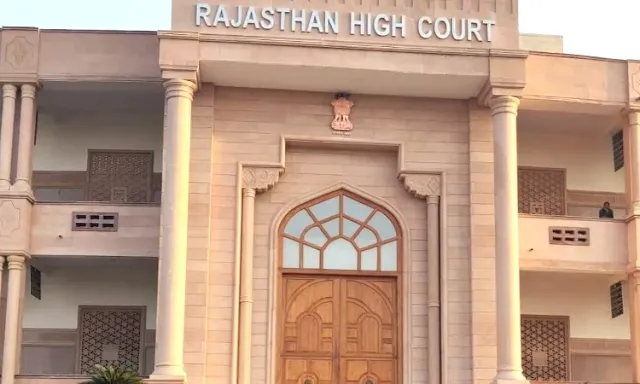The Rajasthan High Court recently dismissed a plea challenging the termination of services of contractual Dental Medical Officers. The petitioners, who were employed on a temporary basis, contested the state's decision to end their contracts. This ruling underscores the principles governing contractual employment and the discretionary powers of the government.
Background of the Case
The petitioners, appointed under a contractual arrangement, were employed as Dental Medical Officers in government healthcare facilities. Their services were discontinued by the state government, prompting them to approach the High Court. They argued that their termination was arbitrary and violated principles of fairness. Additionally, the petitioners sought parity with permanent Medical Officers, contending that their roles were integral to public healthcare delivery.
Court’s Observations on Contractual Employment
The Court emphasized that contractual employment is inherently temporary and subject to the terms outlined in the contract. It reiterated that the state retains full discretion to determine the necessity of retaining contractual employees. Justice Pushpendra Singh Bhati, presiding over the case, pointed out that the petitioners were aware of the temporary nature of their appointments at the time of joining.
The Court also noted that such appointments do not confer any vested rights for continuation or regularization unless explicitly provided by law or policy. Thus, the state government was within its rights to discontinue the petitioners' services based on its assessment of administrative and operational needs.
Rejection of Parity Claims
A key contention raised by the petitioners was their demand for parity with regular Medical Officers. The Court dismissed this argument, stating that the petitioners' contractual terms and conditions were fundamentally different from those of permanent employees. It highlighted that contractual employees cannot claim equal treatment or benefits accorded to regular government employees.
Furthermore, the Court underscored that granting parity in such cases would undermine the very nature of contractual appointments, which are designed to address specific, short-term requirements.
State’s Authority in Employment Matters
The judgment reaffirmed the government’s authority in making employment-related decisions, particularly in the context of contractual engagements. The Court observed that it is the prerogative of the state to assess whether the services of a particular employee are required. Judicial intervention in such administrative matters is warranted only in cases of clear illegality or violation of fundamental rights, neither of which was evident in this case.
Implications of the Judgment
This ruling has significant implications for contractual employees in government service. It reinforces the principle that contractual appointments do not guarantee permanency or long-term benefits. The decision also serves as a reminder that courts are generally reluctant to interfere in matters of administrative discretion unless there is evidence of procedural lapses or discriminatory practices.
Conclusion
The Rajasthan High Court's dismissal of the petition underscores the limited rights of contractual employees and the discretionary powers of the government in employment decisions. By upholding the state’s authority, the Court has set a precedent for similar cases, emphasizing the temporary and conditional nature of contractual employment. This judgment highlights the need for employees to fully understand the terms of their engagement and for governments to ensure transparency in their administrative decisions.










0 Comments
Thank you for your response. It will help us to improve in the future.